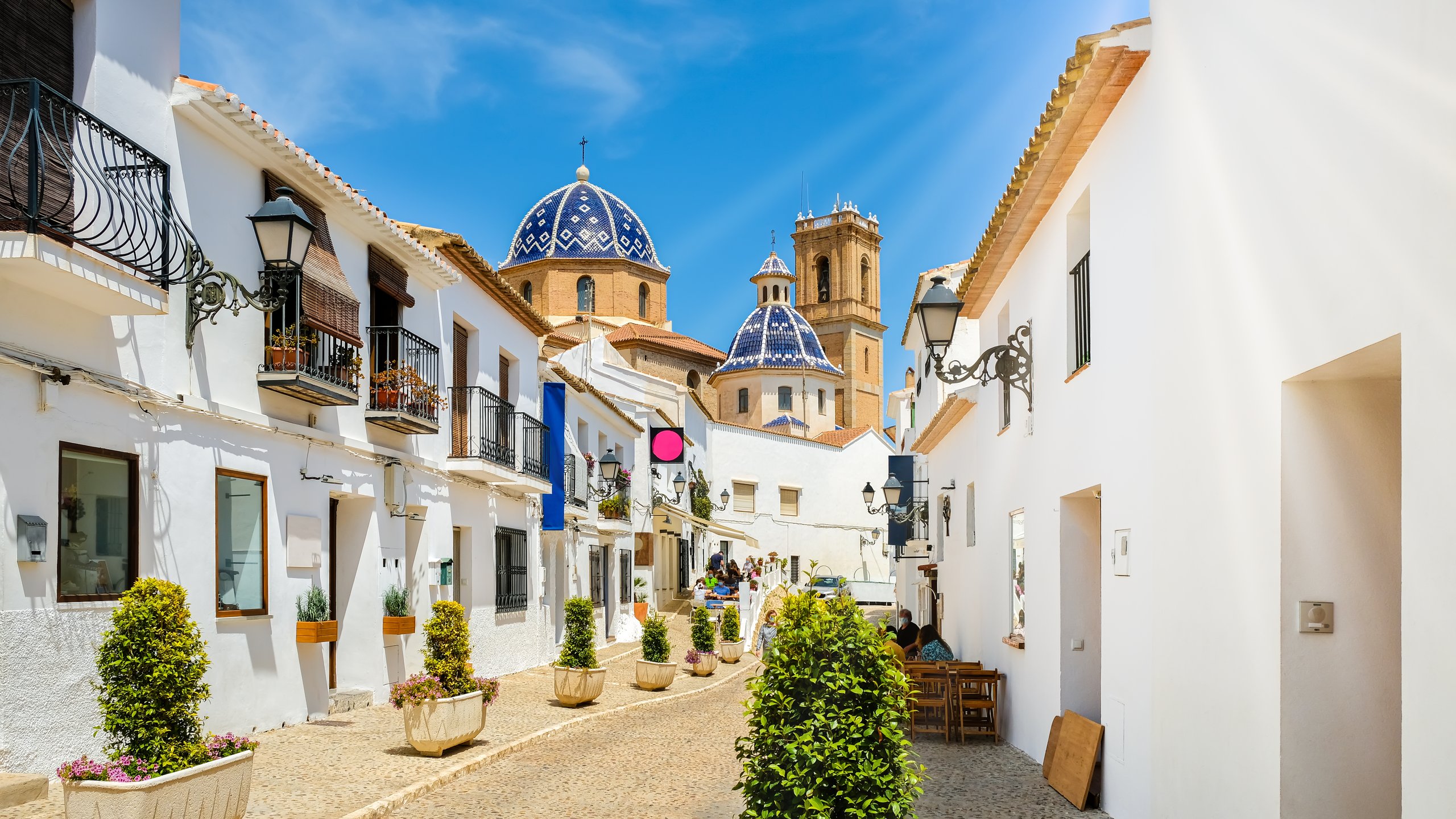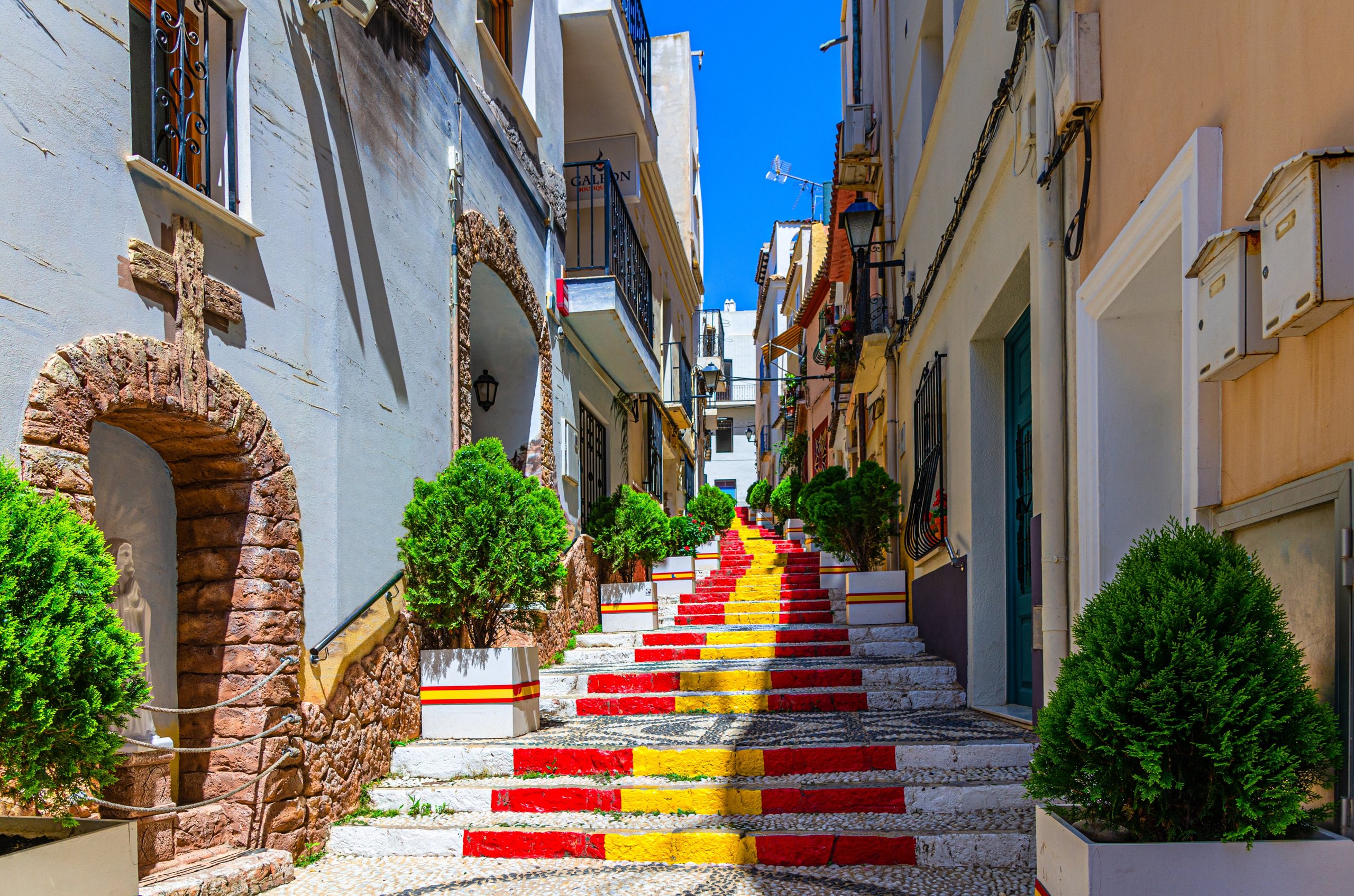If you’re planning to buy property in Spain and need a mortgage, a specialist broker can help you access better rates, cut through red tape and avoid costly mistakes. Here’s how to find the right one.
If you’re planning to buy property in Spain and need a mortgage, choosing the right broker can make a real difference to how smooth the process feels – and how much it ultimately costs you. Spanish mortgages work very differently to those in the UK, particularly for non-residents. Loan-to-value limits are lower, affordability checks are stricter and all documentation is handled in Spanish. A specialist mortgage broker acts as your link to Spanish banks, helping you understand what’s realistic, avoid delays and secure terms that actually suit your situation.
Buying overseas should feel exciting, not overwhelming. A good broker will explain how Spanish lenders assess income, walk you through the paperwork and flag potential issues early – before you’ve paid a reservation deposit or committed to a purchase. In this guide, we explain what Spanish mortgage brokers do, how to choose one you can trust, what fees to expect and why it’s worth getting advice early in your buying journey.
Download the Spain Buying Guide
Contents
Why use a Spanish mortgage broker?
As a non-resident buyer, working with a mortgage broker who specialises in Spanish property – and understands the cross-border market – offers serious advantages. They can:
- Source competitive rates from multiple lenders
- Translate complex documents and financial terms
- Guide you through the paperwork and legal requirements
- Help you understand how much you can realistically borrow
This means less stress, fewer surprises and more clarity when it comes to budgeting for your new home.
How to find a reputable broker
When you’re arranging a mortgage overseas, it’s worth taking a little time to choose the right broker. A reliable Spanish mortgage broker should be:
- Fully licensed by the Bank of Spain (Inscrita en el Registro de Intermediaros del Credit Inmobiliario con el numero D395 Según Ley 5/2019 de 15 de Marzo)
- A qualified Spanish Mortgage Advisor (ACI)
- Experienced with international buyers
- Transparent about fees and services
If you’re UK-based, you might also prefer a broker with UK qualifications like the CII’s Certificate in Advanced Mortgage Advice, as it can give you extra peace of mind.
When looking for a mortgage broker, ask for referrals and always check reviews.
Speak to a Spain property expert
| What to check | Why it matters | Where to verify |
|---|---|---|
| Bank of Spain registration | Legal requirement for operating in Spain | www.bde.es |
| Experience with non-residents | Ensures they understand foreign buyer challenges | Ask directly or check testimonials |
| Transparent fees | Avoid hidden costs or surprises | Request a fee breakdown upfront |
Dealing with the language barrier

Just because you’re buying in Spain doesn’t mean your broker has to be Spanish. Many brokers working in this space are international and fluent in English – and that’s key, because the mortgage application process will be entirely in Spanish.
A bilingual broker will help translate key terms, explain financial and legal documents clearly and ensure you fully understand your commitments before you sign. Avoid relying on apps like Google Translate – in finance, misinterpretation can be costly.
When to speak to a mortgage broker
You should speak to a mortgage broker before you even start browsing properties online.
That first conversation will help you set a realistic budget and understand what kind of loan you’re eligible for. Plus, having a Decision in Principle ready makes you more attractive to estate agents and sellers – showing them you’re a serious buyer.
How the Spanish mortgage process works
Once you’ve chosen your broker, they’ll start by reviewing your finances and requesting a Decision in Principle from one or more lenders. This will be based on your income, debts and the lender’s own affordability criteria.
As a non-resident, you can usually borrow up to 70% of the property’s value. Note that buying costs – which typically add another 10-15% – aren’t included in the loan amount. And Spanish lenders do not generally offer interest-only mortgages on residential property.
A broker can also help if your finances have unusual circumstances. For example, if you were impacted by the pandemic or have income from multiple currencies, they can present your case more effectively than if you apply to the lender yourself, via an automated system.
Using a mortgage broker early in your buying journey is crucial to understanding your available budget. You don’t want to make an offer and pay a reservation deposit before checking affordability, as you risk losing both the property and your deposit if the mortgage falls through.
What will it cost?
Most Spanish mortgage brokers charge a fee of around 1% of the loan amount, payable upon completion. Others may work on a flat fee or receive a commission from the lender – but a good broker will always be upfront about costs.
Before agreeing to work with any broker, ask for a written quote detailing their fee structure, what’s included and what happens if your purchase falls through.
FAQs about Spanish mortgage brokers
Most Spanish mortgage brokers charge around 1% of the mortgage amount, plus IVA (VAT), which is currently 21%. This fee is usually payable only once your purchase completes. Some brokers instead offer a fixed fee, while others may receive part of their remuneration from the lender. There’s no single standard model, which is why transparency matters. Before you proceed, ask for a written breakdown confirming whether the fee is percentage-based or fixed, whether IVA is included and what happens if the purchase does not complete. Reputable brokers will always set this out clearly from the start.
Start by checking that the broker is registered with the Bank of Spain as a credit intermediary under Ley 5/2019. This is a legal requirement and ensures they meet professional and consumer protection standards. You should also look for brokers who hold recognised qualifications such as ACI (Asesor de Crédito Inmobiliario) and who can demonstrate experience working with non-resident buyers. Beyond credentials, pay attention to how they communicate. A good broker will explain your options clearly, be upfront about fees, respond promptly and never pressure you to proceed before you’re ready. Reviews, testimonials and personal recommendations are also valuable indicators of reliability.
Yes – UK residents can still open a Spanish bank account, even if they are non-resident. In fact, you’ll need one to buy property in Spain, as mortgage payments, taxes and utility bills must be paid from a Spanish account. Most banks will require your passport, proof of address, NIE number and evidence of income. Some accounts are specifically designed for non-residents and may carry higher fees than resident accounts. Many buyers choose to open an account with the same bank providing their mortgage, as it can simplify the process and avoid delays at completion.
You might also like:









